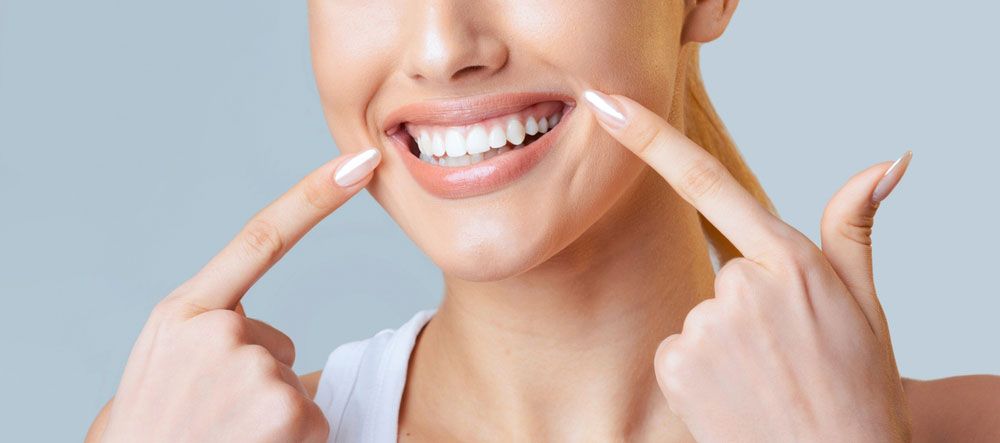Maintaining proper oral hygiene is essential for preventing cavities, gum disease, and bad breath. To achieve optimal results, it’s crucial to use the right oral care tools. The market is flooded with toothbrushes, floss, mouthwashes, and other dental products, making it challenging to know which ones are the best for your needs. Choosing the right oral care tools ensures that your daily routine is both effective and comfortable. In this guide, we’ll walk you through the most common oral care tools and offer tips on how to select the best ones for your dental health.
Understanding the Basics of Oral Care Tools
Before you start shopping for oral care products, it’s important to understand the basic tools you’ll need. The primary oral care tools include toothbrushes, floss, mouthwash, and tongue scrapers. Each tool plays a different role in maintaining your overall oral health, and using them correctly ensures the best results.
- Toothbrush: The most essential tool for cleaning your teeth. It comes in various shapes and sizes and can be either manual or electric.
- Dental Floss: Used for cleaning between the teeth and under the gumline, where a toothbrush can’t reach.
- Mouthwash: An optional tool that helps freshen your breath and kill bacteria in your mouth.
- Tongue Scraper: A tool specifically designed to clean your tongue and remove bacteria that contribute to bad breath.
How to Choose the Right Toothbrush
Your toothbrush is the cornerstone of your oral care routine. The right toothbrush can help you effectively remove plaque and food particles, while the wrong one can cause discomfort or even damage your gums. When choosing a toothbrush, keep the following factors in mind:
- Bristle Type: Toothbrushes come with soft, medium, or hard bristles. Soft bristles are generally the best option, as they are gentle on your gums and enamel. Hard bristles can cause irritation to the gums and wear down the enamel over time.
- Size of the Brush Head: Choose a brush with a head size that can comfortably reach all areas of your mouth. A smaller head is ideal for people with smaller mouths or those who want more precision in cleaning.
- Manual vs. Electric: Both manual and electric toothbrushes are effective, but electric toothbrushes can provide a more consistent brushing experience. They also come with timers that help you brush for the recommended two minutes. If you struggle with brushing techniques, an electric toothbrush may be a better option.
Selecting the Right Dental Floss
Flossing is just as important as brushing for maintaining healthy teeth and gums. Floss removes food particles and plaque between the teeth and along the gumline, areas that a toothbrush can’t reach. Choosing the right dental floss depends on your personal needs and preferences. Consider the following options:
- Waxed vs. Unwaxed: Waxed floss is coated with a thin layer of wax, making it easier to slide between the teeth. It’s a good option for people with tightly spaced teeth. Unwaxed floss, while slightly more difficult to use, provides more friction, which can be beneficial for those who need to remove more plaque.
- Floss Picks: If traditional floss is difficult to handle, floss picks are a convenient alternative. They have a small piece of floss stretched between two prongs, making them easy to use, especially for those with limited dexterity.
- Floss Threaders: For people with braces or dental work, floss threaders are a helpful tool for getting floss between teeth or around wires and brackets.
The Role of Mouthwash in Oral Care
While mouthwash is not essential for everyone, it can be an effective addition to your oral care routine. It helps reduce bacteria in the mouth, freshens breath, and may provide additional protection against cavities and gum disease. When selecting mouthwash, here are some factors to consider:
- Alcohol-Free vs. Alcohol-Based: Alcohol-free mouthwashes are gentler on the mouth and are a better option for people with dry mouth or sensitive gums. Alcohol-based mouthwashes can be more effective at killing bacteria but may cause a burning sensation.
- Fluoride Mouthwash: Fluoride mouthwash can help protect against tooth decay and cavities, making it a great choice for individuals at higher risk for cavities or those who want extra protection.
- Therapeutic Mouthwash: If you’re dealing with specific oral health issues, such as gingivitis, you may want to consider therapeutic mouthwash. These mouthwashes contain active ingredients that target bacteria and reduce inflammation.
Don’t Forget Your Tongue
The tongue is a common place for bacteria to build up, contributing to bad breath and poor oral hygiene. A tongue scraper is an effective tool for removing this bacteria and improving your overall oral health. While you can use your toothbrush to clean your tongue, a tongue scraper is specifically designed to do the job more effectively.
- Material: Tongue scrapers are usually made of stainless steel, plastic, or silicone. Stainless steel scrapers are the most durable and easiest to clean, while plastic and silicone options are more affordable and gentle on the tongue.
- Design: Choose a tongue scraper that fits comfortably in your mouth. Some models have curved designs that make it easier to reach the back of the tongue.
Conclusion
Selecting the right oral care tools is an important step in maintaining optimal oral hygiene. From choosing the right toothbrush to incorporating floss and mouthwash into your routine, each tool plays a critical role in keeping your mouth clean and healthy. By selecting tools that match your needs and preferences, you can ensure a more effective oral care routine that promotes long-term oral health.
Sources:
Sharma, P., & Gupta, D. (2018). Choosing the Right Toothbrush for Optimal Oral Health. Journal of Dental Research.
Rao, S., & Johnson, L. (2016). The Importance of Flossing for Healthy Teeth and Gums. International Journal of Dental Hygiene.
Williams, M., & Lee, F. (2019). The Role of Mouthwash in Oral Hygiene. Journal of Clinical Dentistry.

